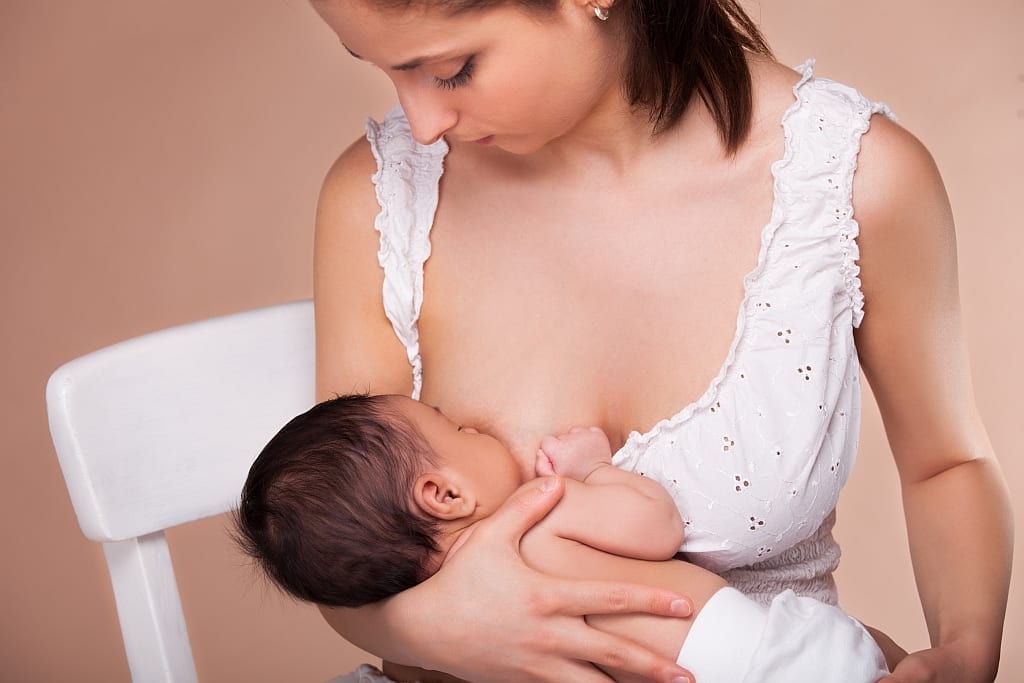Q: Do breastfed babies have a higher risk of getting colic? Or do both breast-fed and bottle-fed babies have about the same risk?
A: I suppose you could say that breastfed and bottlefed babies have the same risk of colic. But the statement implies there?s something about the feeding method that causes the colic and that?s not the case.
We know that about a fifth to a third of all babies will develop colic. Beyond those numbers, we don?t have much information. Other than exposure to cigarette smoke, there aren?t any risk factors. Colic seems to be an equal opportunity affliction.
Nor do we know the cause of colic. You?ll hear a thousand theories about the cause of colic and a thousand more on the best remedies. Some are myths and old wives? tales, some contain kernels of truth and others may have substantial value.
What you?re unlikely to find is a single magic bullet. Doctors can give parents an idea of which theories have some basis in fact and which methods are more likely to have some effect. For their part, parents are learning from experience. They should trust their observations of which methods help and use them, as long as they?re safe for the baby.
The one sure remedy is time; colic subsides in most babies by 4 months of age and is almost always gone by 6 months. There?s no evidence that it harms the baby in any way, shape or form. For parents who?ve been through months of incessant crying and screaming, colic can exact a toll of physical and emotional exhaustion.
If your concern about this is weighing into a decision about bottle or breast, don?t let it dissuade you from breast-feeding. There?s no proof in either direction. In all but a few cases, breast-feeding is far superior to bottle-feeding for the health and well-being of both mother and child.





Be the first to comment on "Do breastfed babies have a higher risk of getting colic?"